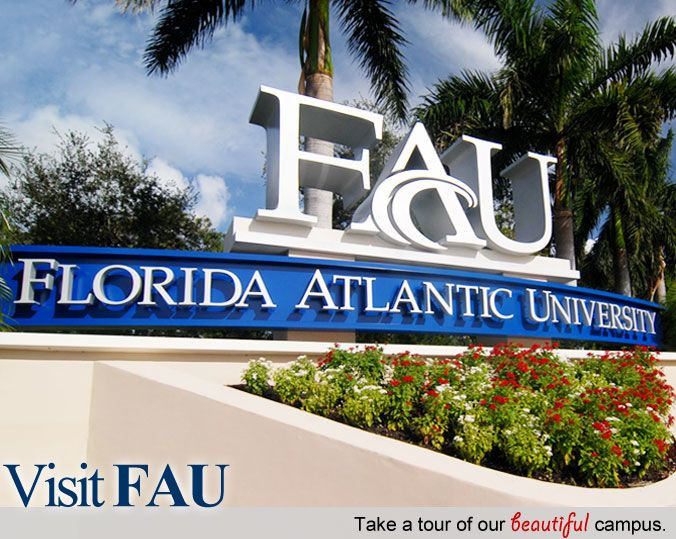FAU’s energy and environment sustainability research gets added boost with $1 million donation by Dr Walter and Lalita Janke

The Florida Atlantic University (FAU), which has built a considerable library of research and funded scientific programmes designed to improve the human condition while addressing pressing problems in various fields such as medicine and climate change, recently got a boost through a $1 million (AUD$1.4 million) grant from philanthropists Dr Walter and Lalita Janke . The Walter and Lalita Janke Innovations in Science Sustainability Research Fund is geared towards supporting projects specifically concerned with environmental protection and sustainability as well as energy renewal.
Like us on Facebook
The initial step will begin at FAU’s Center for Environmental Studies (CES), which will provide a grant worth $50,000 to $70,000 (AUD$70,741 to $99,038) to faculty members or teams who can conduct and complete sustainability research work that can be disseminated to the greater public through education and activities that can engage entire communities.
Walter Janke explains the vision that he and his wife share that fuels the donation. He says, “Sustainability is an immense challenge for society, but it also offers us tremendous opportunities to make a contribution to something that will have an extraordinary impact on our everyday lives. My wife, Lalita Janke , and I are extremely pleased to establish this fund in perpetuity to support important sustainability and renewable energy research at Florida Atlantic University.”
The search for alternative sources of energy as well as the invention of systems and technologies that can make the environment safely thriving, while still providing food and other resources to mankind, is at the forefront of the research projects of FAU. Though the cure for debilitating diseases and other health issues have captured the lion’s share of interest and investment of government, donors and concerned citizens alike, issues surrounding environmental sustainability have been steadily garnering careful attention and funding. The results of climate change, such as unpredictable but potentially damaging weather, uncontrollable floods, and a depleted ozone layer that makes millions of people potentially vulnerable to radiation, have hit home the inconvenient truth that the well-being of the environment and the future of humanity are inextricably intertwined.
Wetlands ecology and coastal resilience are among the core subjects that FAU researchers and faculty members deem as priorities. Their team of educators, scientists and environmentalists explore the surrounding oceans and rivers in the region, assessing if the plant life has been adversely affected by the state’s septic systems that purify its water for the populace. Approximately, 60 species qualified as endangered and threatened struggle to survive in the rivers, lakes, streams and other natural bodies of water that flow throughout Florida and the surrounding states. Their protection, as well as the restoration of the ecological systems that have suffered the damage of pollution, improper handling of waste materials, and dangerous ways of fishing, are among the end goals of the CES.
At the same time, the CES must balance their response to this environmental issue with the practical reality of continuously providing safe clean drinkable water to the more than 6 million people residing in Florida, especially the metropolitan areas in Miami.
Another programme in the CES and FAU that can benefit from the Dr. Walter and Lalita Janke’s $1 million donation is the work being done in the Environmental Geophysics Laboratory. The department’s non-invasive studies on biogenic gas present in the everglades region of Florida have led to breakthrough discoveries in the use of carbon, specifically carbon dioxide, that can possibly be used later on to further determine the effects of artificial carbon-infusing technologies on climate change.
The Janke couple, who founded the Walter and Lalita Janke Charitable Foundation, have always set their eyes on the future. The advocacies they support have always used education and research as a launching pad to improve people’s lives while securing the future for the next generation. The good residents of Florida can undoubtedly look forward to healthy communities enjoying the benefits of dwelling within a protected, thriving, healthy ecosystem.





















